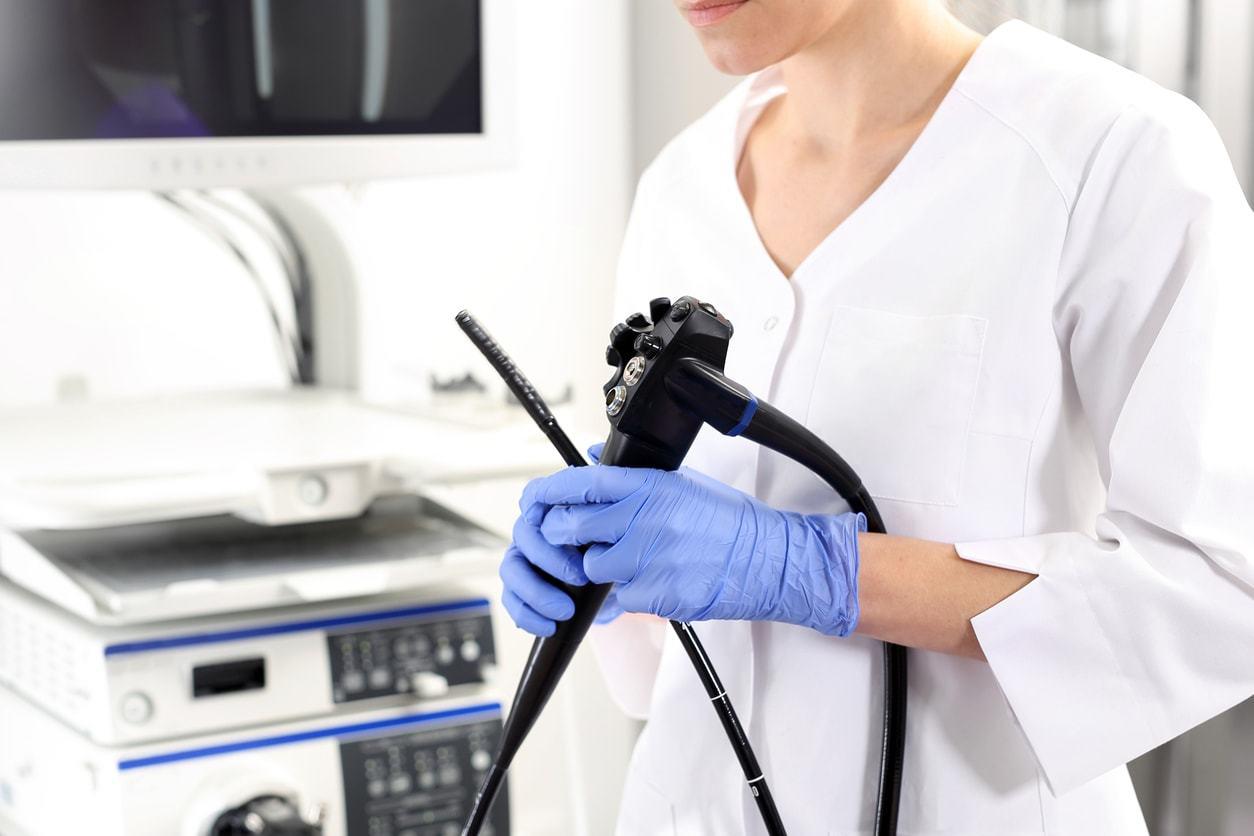
The best way to prevent this disease is to have a screening test for colon cancer, called a colonoscopy. Colonoscopies are safe and painless, don't cost too much, and can find polyps before they turn into cancer. Doctors say that if everyone over 50 years old who is at risk had one every ten years, there would be fewer cases of colon cancer.
There are other things you can do to help prevent colon cancer: eat a healthy diet, exercise, and avoid smoking and drinking alcohol. Some foods that may help reduce your risk of it include fruits, vegetables, and whole grains. You can also find fiber in beans, nuts, and seeds.
Exercise is important because it helps the body process food and avoids constipation, which can raise the risk. Smoking and drinking alcohol can increase your risk of many types of cancer, including colon cancer. So it's important to avoid both of these things if you want to reduce your risk of getting this disease.
What is colon cancer?
It is a type of cancer that starts in the colon, which is the large intestine. The colon is part of the digestive system and absorbs water and nutrients from food. Cancer starts as a growth, or tumor, on the lining of the colon.
There are several types of colon cancer, including adenocarcinoma, carcinoid tumors, lymphomas, sarcomas, and gastrointestinal stromal tumors (GISTs). Colon cancer can also spread to other parts of the body, such as the liver, lungs, or brain.
What are the symptoms of colon cancer?
Symptoms can include changes in bowel habits, blood in the stool, abdominal pain, and weight loss. If you have any of these symptoms, it's important to see your doctor.
What causes colon cancer?
There are many different things that can cause colon cancer, including age, diet, lifestyle choices, family history, and other medical conditions. The most common cause is polyps, which are growths on the lining of the colon. Polyps can turn into cancer over time, so it's important to have a screening test for them every ten years if you're over 50 years old and at risk.
Other things that can increase your risk of colon cancer include smoking and drinking alcohol, being overweight or obese, and having a sedentary lifestyle. Eating a poor diet high in processed foods and red meat can also increase your risk.
Can you prevent colon cancer?
There are many different things that you can do to help prevent colon cancer, including getting a screening test for colon cancer every ten years if you're over 50 years old and at risk, eating a healthy diet, exercising, and avoiding smoking and drinking alcohol.
Some foods that may help reduce your risk include fruits, vegetables, and whole grains. You can also find fiber in beans, nuts, and seeds. Exercise is important because it helps the body process food and avoids constipation, which can raise the risk of colon cancer.
Smoking and drinking alcohol can increase your risk of many types of cancer, including colon cancer, so it's important to avoid both of these things if you want to reduce your risk of getting this disease. For more information on how to prevent colon cancer, contact your doctor.
How do you treat colon cancer?
There are many different ways to treat colon cancer, depending on the stage of the disease. Treatments may include surgery, chemotherapy, radiation therapy, and targeted therapy.
Surgery is the most common treatment for colon cancer. This may involve removing the cancerous tumor and some surrounding tissue. Sometimes, surgery may also be used to remove lymph nodes near the tumor.
Chemotherapy uses drugs to kill cancer cells. It can be given as pills or through a vein in your arm. Radiation therapy uses high-energy rays to kill cancer cells.
It can be given as a pill, injection, or implant. Targeted therapy uses drugs that attack specific molecules that help cancer cells grow and divide.
Why should you get a colonoscopy?
Getting a colonoscopy is an important way to detect colon cancer early when it's easiest to treat. A colonoscopy allows your doctor to see the inside of your colon and check for any signs of cancer. If polyps are found during a colonoscopy, they can be removed before they have a chance to turn into cancer.
Colon cancer is the second leading cause of death from cancer in the United States. However, it's also one of the most preventable types of cancer. Detecting and treating colon cancer early can save lives. That's why it's important to get a colonoscopy every ten years if you're over 50 years old and at risk for the disease.
